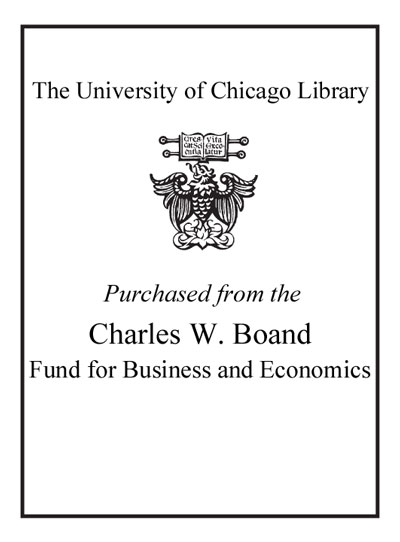Review by Choice Review
McKinnon (emer., international economics, Stanford Univ.) presents an analysis reflecting insights gained over a lifetime's distinguished career as an academic and a consultant. He begins with a succinct history, noting that the US dollar has come to serve as the international monetary standard as a result of the aftermath of WW II. He evaluates its performance under the Bretton Woods Agreement and during a series of systemic shocks resulting from policies under Nixon, Carter, Greenspan, and Bernanke. He finds the dollar standard wanting. Despite the failure of US policy makers to recognize responsibilities to the world community of the dollar's unique role in international economic stability as well as the persistence of macroeconomic fallacies underlying their policies, McKinnon demonstrates that the dollar's preeminent position remains secure. Through sophisticated and subtle analysis supported by empirical data graphically presented, he concludes that the persistent deficits in the US balance of payments are not a product of exchange rate distortions but rather of a national savings deficit. The concluding chapter offers proposals for reform and recommends that correction will require a coordinated approach on the part of both deficit and surplus nations. Summing Up: Recommended. Upper-division undergraduate through professional audiences as well as general readers. E. L. Whalen formerly, Clarke College
Copyright American Library Association, used with permission.
Review by Choice Review

